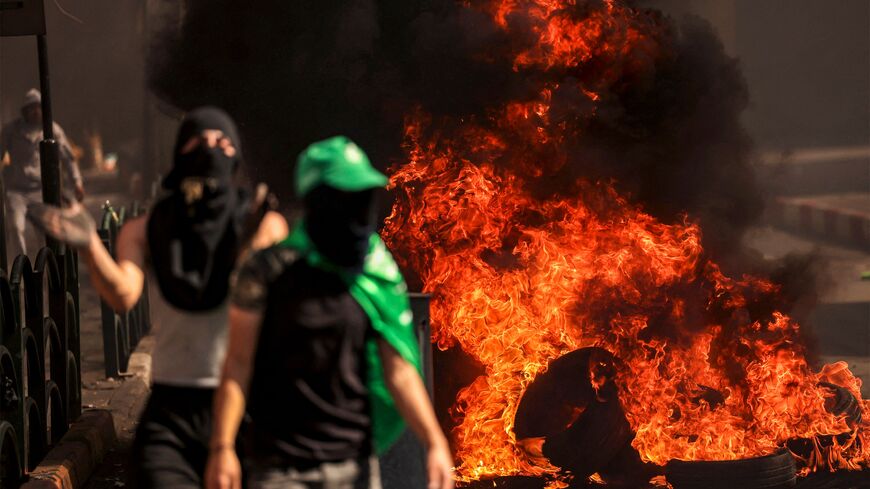TEL AVIV — The approaching Islamic holy month of Ramadan is increasing concerns in the United States and Israel about the potential for an explosion of violence in the West Bank and beyond at this pivotal moment in time.
Intelligence and security agencies have warned about the danger of rioting by Palestinians in the West Bank spreading to Israel’s Arab minority community and triggering a chain reaction throughout the region as Israel fights Iranian-backed Islamists in Gaza and Lebanon.
The US administration and Israeli moderates are doing their utmost to prevent an outburst of violence in the West Bank in the spirit of Operation Al-Aqsa Flood, the codename Hamas gave its Oct. 7 invasion of southern Israel in the hope of fomenting an Islamist uprising against the Jewish state. Meanwhile, radical Israeli government forces, specifically National Security Minister Itamar Ben-Gvir and Finance Minister Bezalel Smotrich, have been fomenting unrest, making no secret of their game plan: by stirring up unrest in the West Bank, they hope to create conditions for a decisive Israeli clampdown that will pave the way for annexing the territory, burying all prospects of Palestinian statehood.
The Israeli government consists of two camps: the far-right ministers, supported by Likud Justice Minister Yariv Levin on the one side, and on the other side, the war cabinet ministers, Yoav Gallant, Benny Gantz, Gadi Eisenkot and Shas leader Aryeh Deri. Prime Minister Benjamin Netanyahu has sided with the extremist camp on several occasions and has done little or nothing to prevent provocations by West Bank settlers.



